Specified Skilled Worker/Technical Intern Training Visa
Additional Works Added to Specified Skills Visa
- 2024.08.19
On March 29, 2024, the Cabinet meeting decided to revise the policy regarding visas for specified skilled workers.
The number of workers expected to be accepted in each industrial sector over the next five years from April 2024 due to the shortage of workers has been reestablished, and the operational policy for each field has been presented.
Specifically, four new industry sectors were added to the system for specified skilled workers, and some existing sectors were expanded or modified.
The Specified Skilled Worker program was designed to alleviate the shortage of workers in various industrial fields and has the advantage that requirements on educational background and Japanese language proficiency are relatively low compared to other work-related visas.
Those who wish to work in Japan but do not meet the educational and other requirements,
Company managers who are considering utilizing or want to utilize the Specified Skilled Worker Program,
Please take a look at the latest information on the Specified Skilled Worker System to learn more about the newly added industries to the Specified Technician System!
What is a Specified Skilled Worker Visa?
A Specified Skilled Worker Visa is a type of Japanese work visa. However, it is very different from the typical work visa, the “Engineering/Humanities/International Services” visa.
This Specified Skills Visa was created to address the difficulties in industries where it is difficult to secure human resources in Japan. The purpose is to accept foreign nationals with specific expertise and skills in these industries to alleviate labor shortages.
Compared to a typical work visa, there are various differences in terms of length of stay, permitted activities, and required qualifications, as well as the fact that it can only be obtained in certain industrial sectors.
There are two types of this Specified Skilled Worker visa: Specified Skilled Worker (i) and Specified Skilled Worker (ii).
What are the added sectors?
The Specified Skills Worker Program only applies to industrial fields in which it is difficult to secure human resources despite efforts to improve productivity and secure domestic human resources, and allows the acceptance of foreigners with a certain level of expertise and skills who can make an immediate contribution. 4 new sectors “Automobile transportation”, “Railway”, “Forestry” and “Lumber” will be added to the system (Note 1), as well as adding new industries to the current “Industrial product manufacturing (Note 2)”, “Shipbuilding and Maritime (Note 3)”, and “Food and beverage manufacturing (Note 4)” 3 sectors (Note 5).
(Note 1) In addition to the basic policy, a sector-specific operation policy has been established.
(Note 2) The name was changed from “Materials, Industrial Machinery, and Electrical, Electronics, and Information Related Manufacturing,” and the name was included in the basic policy.
Seven new industry categories (paper container and corrugated box manufacturing, concrete product manufacturing, ceramic product manufacturing, textile product manufacturing, sewing, RPF manufacturing, and printing and bookbinding) were added and described in the sector-specific operation policies.
In addition, additional standard notifications will be revised to include new business sites related to steel, aluminum sash, plastic products, metal product coating, and bundling in the existing industry categories.
(Note 3) In addition to restructuring the six work categories into three, the scope of work in the work categories was expanded, and various types of work required in the Shipbuilding and Maritime industry were added to the new work categories, which are described in the sector-specific operation policy and sector-specific operation guidelines.
(Note 4) Starting on July 23, 2024, with the revision of the Notification of Standards for Additions, additional business establishments are permitted to accept foreign nationals with specified skills, including the production of prepared foods in the food departments of grocery supermarkets and general merchandise supermarkets.
(Note 5) With regard to sectors other than the “Shipbuilding and Maritime industry sector,” the Ministerial Ordinance to Provide for Industrial Sectors, etc. Prescribed in the Lower Column of the Specified Trade Skills Section of Appended Table 1-2 of the Immigration Control and Refugee Recognition Act (Ministry of Justice Ordinance No. 6 of March 15, 1991) and the Ministerial Ordinance to Provide for Criteria under Article 7, paragraph 1, item 2 of the Immigration Control and Refugee Recognition Act, and The Ministerial Ordinance to Provide for Certain Industrial Categories Based on the Provisions of the Ministerial Ordinance to Provide for Criteria, etc. for Specified Technical Employment Contracts and Support Plans for Foreign Nationals with Specific Skills (Ministry of Justice Notification No. 65 of March 15, 1991) has been revised and enforced, and it will be possible to start accepting foreign nationals from the day the notice on the additional criteria for the relevant subject sector comes into effect.
(Immigration and Residence Management Agency_Redetermination of the Expected Number of Accepted Specified Skills and Addition of Target Sectors_March 29, 2024 Cabinet Decision: https://www.moj.go.jp/isa/applications/ssw/2024.03.29.kakugikettei.html)
Prior to this change, there were 12 sectors (14 industries) in which workers could work with a Specified Skilled Worker Visa.
The previous specific industry sectors are as follows
|
Caregiving |
Building Cleaning |
|
Manufacturing Industry Industrial Machinery Electrical, Electronics & Information |
Construction |
|
Shipbuilding and Maritime |
Automobile Maintenance |
|
Aviation |
Accommodation |
|
Agriculture |
Fishery |
|
Food and Beverage Manufacturing |
Restaurant |
At a Cabinet meeting held on March 29, 2024, four additional fields were added: Automobile Transportation, Railroad, Forestry, and Lumber.
Current specific industry sectors are as follows
|
Caregiving |
Building Cleaning |
|
(Restructuring) Industrial Product Manufacturing |
Construction |
|
(Restructuring) Shipbuilding and Maritime |
Automobile Maintenance |
|
Aviation |
Accommodation |
|
(NEW) Automobile Transportation |
(NEW) Railroad |
|
Agriculture |
Fishery |
|
(Restructured) Food and Beverage Manufacturing |
Restaurant |
|
(NEW) Forestry |
(NEW) Lumber |
In addition, there will be some changes to the existing three sectors of “Industrial Product Manufacturing,” “Shipbuilding and Maritime”, and “Food and Beverage Manufacturing.
In the “Industrial Product Manufacturing,” seven new industries were added in addition to the restructuring of the current three.
The current 10 industries are as follows
|
Industrial Product Manufacturing Sector (after change) |
|
|
Machinery and Metal Processing |
Electrical and Electronic Equipment Assembly |
|
Metal Surface Treatment |
(NEW) Paper Container and Corrugated Box Manufacturing |
|
(NEW) Concrete Product Manufacturing |
(NEW) RPF production |
|
(NEW) Ceramic Product Manufacturing |
(NEW) Printing & Bookbinding |
|
(NEW) Textile Products Manufacturing |
(NEW) Sewing |
In the “Shipbuilding and Maritime,” the former six industries have been reorganized into the current three.
The six existing industries are as follows
|
Weld |
Coating |
|
Ironwork |
Finishing Touches |
|
Machining |
Electrical Equipment Assembly |
The three current industries are as follows
|
Shipbuilding |
Reorganize industry categories into three categories and expand the scope of work. ➡ |
Welding, ironworking, plumbing, painting, scaffolding, ship fabrication |
|
Marine Machinery |
Reorganize industry categories into three categories and expand the scope of work. ➡ |
Welding, finishing, casting, machine maintenance, painting, machining, metal brazing, ship machining, ironworking, piping, reinforced plastic molding |
|
Electrical and electronic equipment for marine vessels |
Reorganize industry categories into three categories and expand the scope of work. ➡ |
Machining, electronic equipment assembly, machine maintenance, electrical equipment assembly, printed circuit board manufacturing, electrical and electronic equipment processing for marine vessels, metal press work, piping |
Please refer to the Immigration Bureau’s website for more information on other changes:
https://www.moj.go.jp/isa/applications/ssw/nyuukokukanri01_00132.html
Summary
This time, we discussed the Specified Skills Visa and the new fields and industries that recently have been included by this visa.
The advantage of the Specified Skills Visa is that it does not require any academic or work experience. If you have the relevant skills, please consider this visa.
In addition, Japanese companies in those newly added fields and industries are encouraged to take advantage of this opportunity to help alleviate the shortage of human resources.
In either case, our specialists will be happy to provide you with professional services.
We are Yanagi group, which have offices in Osaka (Abeno and Tennoji), and our affiliated offices in Tokyo (Shibuya and Ebisu) are also available for an on-site consultation. We have handled many applications for permanent residence permits, naturalization permits, work visas, college student visas, management visas, etc., as well as visa renewal procedures related to the status of residence with the Immigration Bureau (Immigration Bureau) as a one-stop service. Our experienced administrative scriveners are also available to help you with any problems you may have.
We also have staff members who can speak each of the native languages and can assist you in obtaining a visa.
※If you wish to be consulted in Nepali or Bengali, please inform us in advance via our website or social media, and the translator will contact you ahead of time.
Please feel free to contact us if you have any questions about your status of residence or visa, even if they are trivial.
Toll-free number: 0120-138-552
For English speakers: 080-9346-2991
For Chinese speakers: 090-8456-6196
Editor of this article
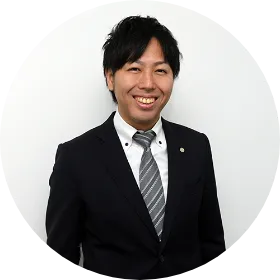
- Ryota Yanagimoto
- Administrative Scrivener/Judicial Scrivener
At the age of 24, he passed the national examinations for judicial scrivener, administrative scrivener, and wage service manager at the same time.
While working as a full-time lecturer at a major prep school, he independently opened a legal office related to judicial scriveners and administrative scriveners,
and he has experience as a judicial scrivener and an administrative scrivener for more than 15 years so far.
He has been actively contributing to various industries such as publicly listed companies, real estate companies, financial institutions, elderly care services, and professional organizations by conducting seminars, lectures, and talks.
And now he has a record of over 60 presentations so far.
Furthermore, as the president of a Japanese language school announced by the Ministry of Justice and Acts, and an advisor to a real estate company (capable of handling foreign clients),
he has been involved in various aspects of industries related to foreigners.
It is recommended to consult with experts when it comes to visas, naturalization, and residency matters.

Our office has specialized experts in visa and naturalization applications who are available to assist with free consultations (limited to the first session) and inquiries related to various visa applications and naturalization applications.
Additionally, we have foreign staff proficient in English, Chinese, and Korean languages with specialized knowledge, and they are present to provide support. They can accommodate consultations and inquiries in each language. Feel free to use our free consultation and inquiry services from here.








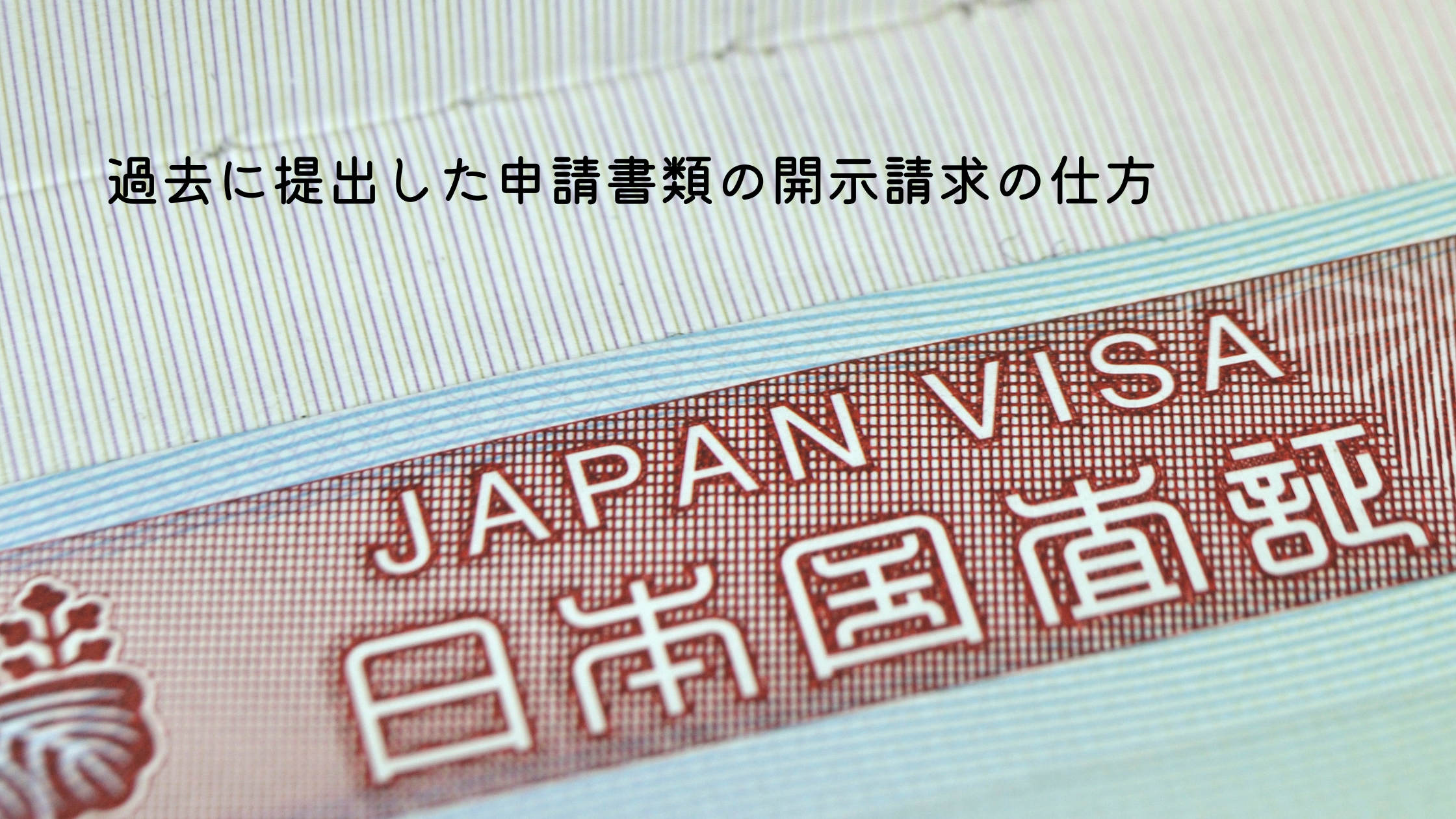
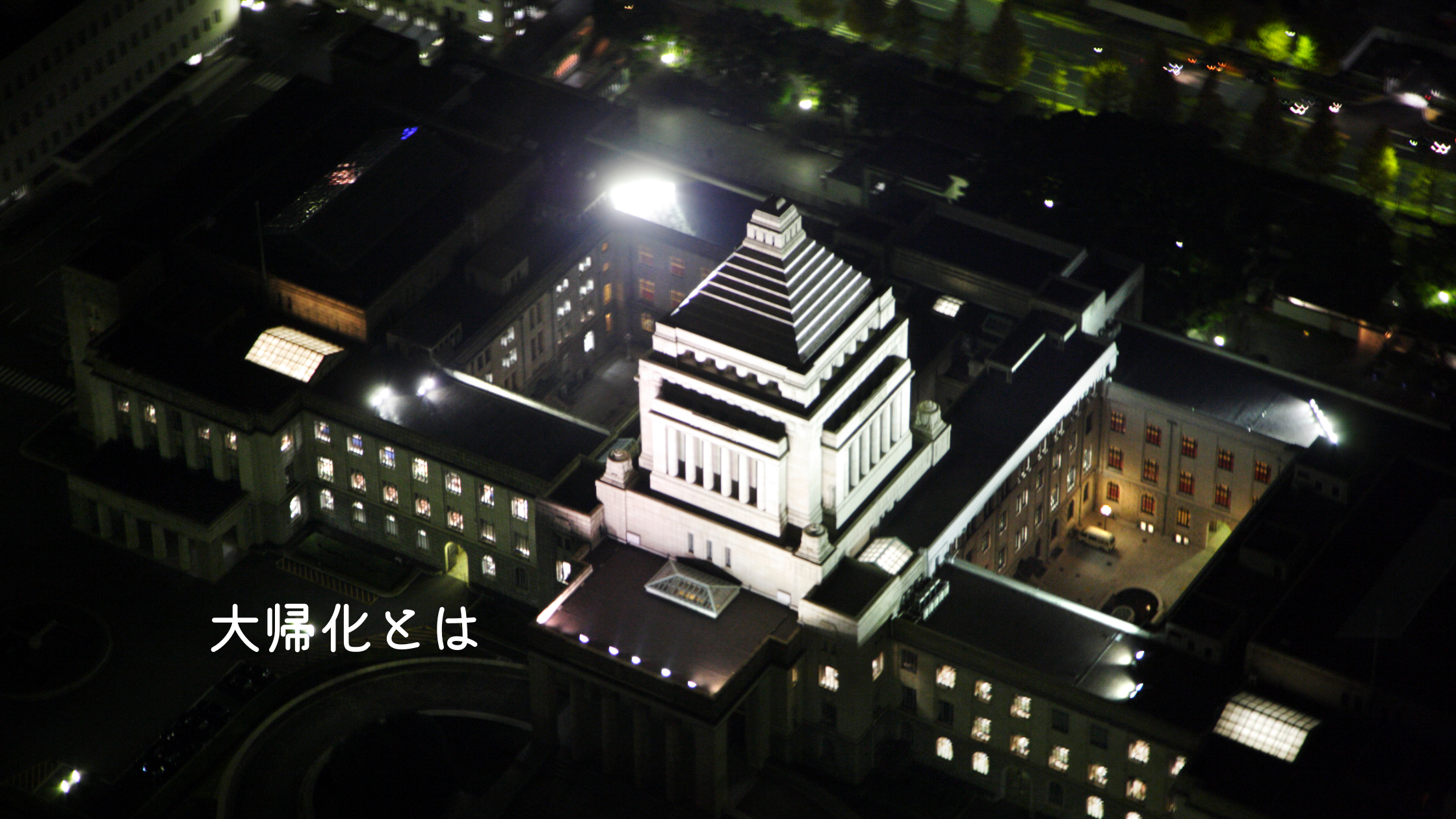











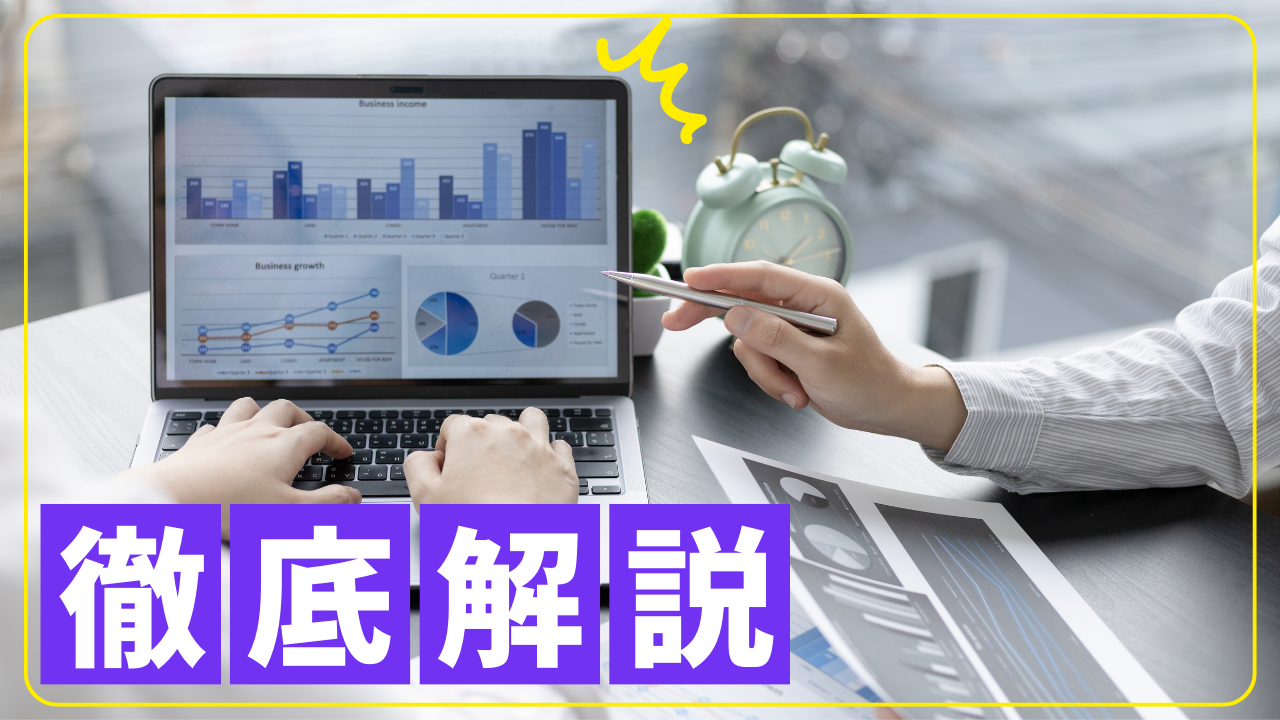
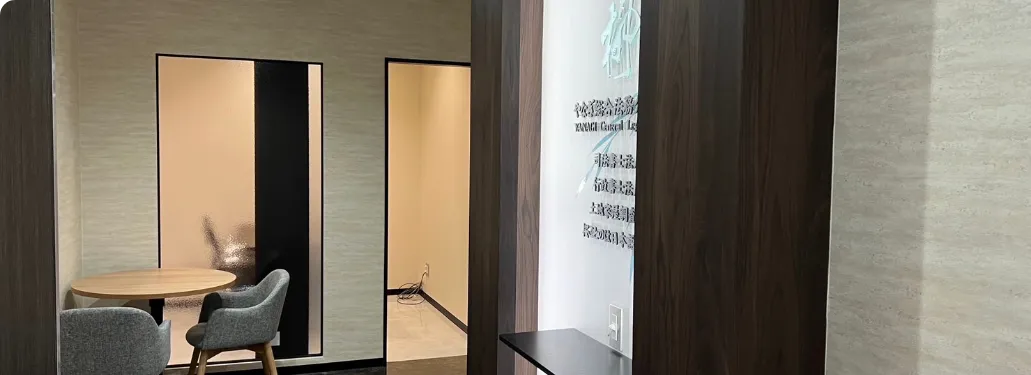
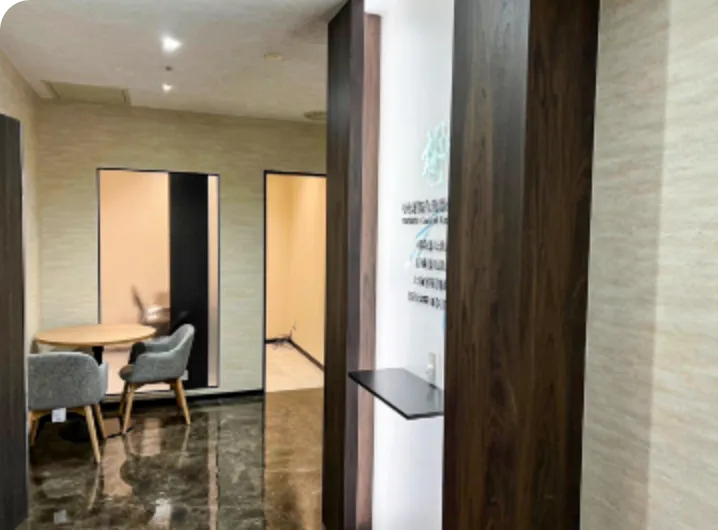
 0120-138-552
0120-138-552 Free
Consultation
Free
Consultation Contact Us
Contact Us